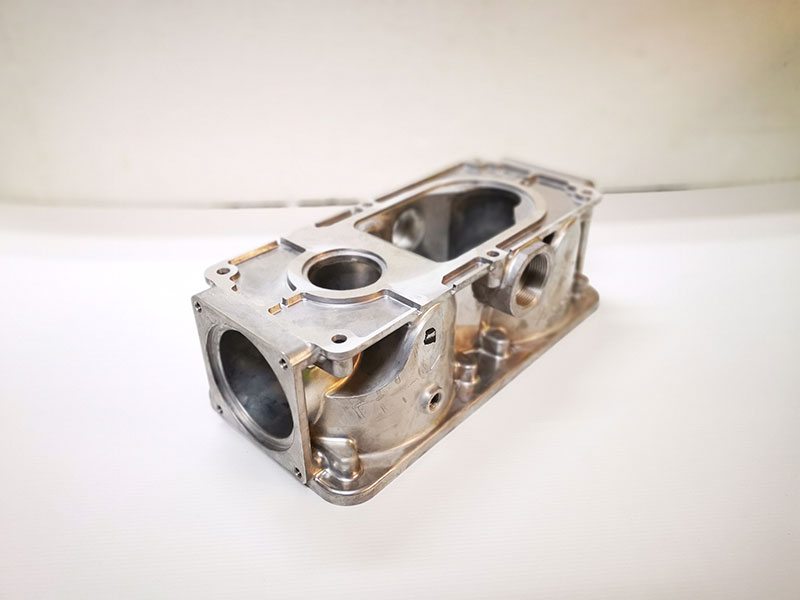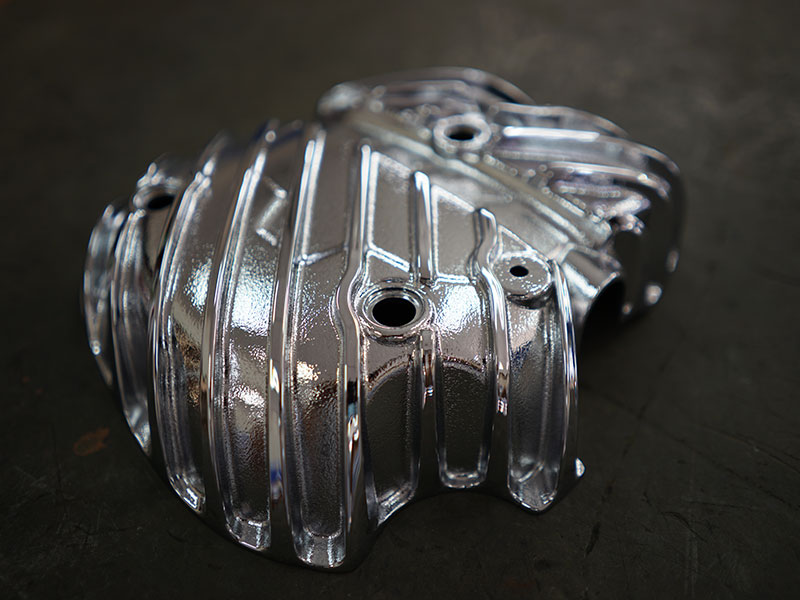Die casting is now a vital element of Malaysia’s manufacturing sector that supports important industries like electronic, automotive and manufacturing of consumer products. This metal casting process involves injecting hot metal into a mold at high pressure, resulting in sturdy and highly intricately-designed parts. Malaysia’s strong manufacturing ecosystem as well as its experienced workforce and modern technology, has positioned Malaysia as a center for premium die-cast components. Many multinational companies have set manufacturing facilities in Malaysia to profit from the competitive prices and the robust infrastructure. The demand worldwide for precision-engineered metal components continues to grow and Malaysia’s industry of die casting will continue to grow.
Technological advancements have been a major factor in the growth of Malaysia’s die casting sector. A lot of manufacturers are using computer-aided design (CAD) and computer-aided manufacturing (CAM) systems to improve accuracy and efficiency. Automation and robotics are also becoming increasingly used to increase productivity and decrease the chance of errors. This results in better quality, consistent items. In addition, companies are exploring green practices like maximizing the use of energy and recycling materials to minimize environmental impact. The improvements made have helped make Malaysian die casting businesses better competitive in the global market and attracted customers from all industries looking for precision-engineered parts.
The automobile industry is one of the primary drivers of die casting in Malaysia manufacturing companies relying on lightweight aluminum and zinc to boost the efficiency of their engines and cut emissions. Die-casting components such as engines or transmission housings as well as structural elements are essential for vehicles of the future, especially since the demand for electric automobiles (EVs) is growing. EV manufacturers require lightweight and high-strength components to improve battery efficiency and overall vehicle performance, creating new opportunities for Malaysian die-casting companies. With the help of the research and development process, these manufacturers are staying in the forefront of trends in the industry and are able to meet the changing requirements of the automobile industry.

Beyond the automotive sector, Malaysia’s die-cast industry also plays an important part in market for consumer and electronics. The electronics industry depends on precision die-cast components for gadgets like laptops, smartphones and other household appliances. They require light robust components that can be used for a long time while keeping an elegant and compact appearance. Malaysia’s strong presence in global electronics manufacturing has fueled the need for high-quality die-cast components. Similar to consumer products manufacturers, they make use of die casting for items such as cooking appliances, power tools and industrial equipment, benefiting by the capability of die casting to produce intricate and long-lasting metallic parts. For more information please visit here Senadiecasting
Despite the rapid growth rate in the industry of die casting, it within Malaysia has its fair share of difficulties, including rising raw material costs and competition from other manufacturing hubs. The fluctuating prices of metals such as aluminum, magnesium, zinc and impact production expenses and overall profit. Furthermore, Malaysia must compete with larger producers in China, India, and other Southeast Asian countries, which often have lower labor costs as well as larger production capacity. To maintain its competitive edge, Malaysian die casting firms need to focus on innovation quality control, and client services. By developing value-added services like prototyping, and custom production, firms can distinguish their offerings in a crowded market.
Looking ahead, the future of Malaysia’s industry for die casting continues to be bright due to advances in technology and a growing need for precision-engineered components. Integration with Industry 4.0 technologies, including machine learning, artificial intelligence, and technology such as the Internet of Things (IoT) are expected to increase efficiency and improve the quality of the production of die casting. Sustainability is also expected to become the main focus of manufacturers adopting eco-friendly materials and efficient processes that comply with international environmental standards. As Malaysia continues to strengthen its status as a major manufacturing center within Southeast Asia, its die casting industry is set to be a key factor in creating how precision engineering will evolve in the coming years by providing industries around the world with top-quality, innovative solutions.
